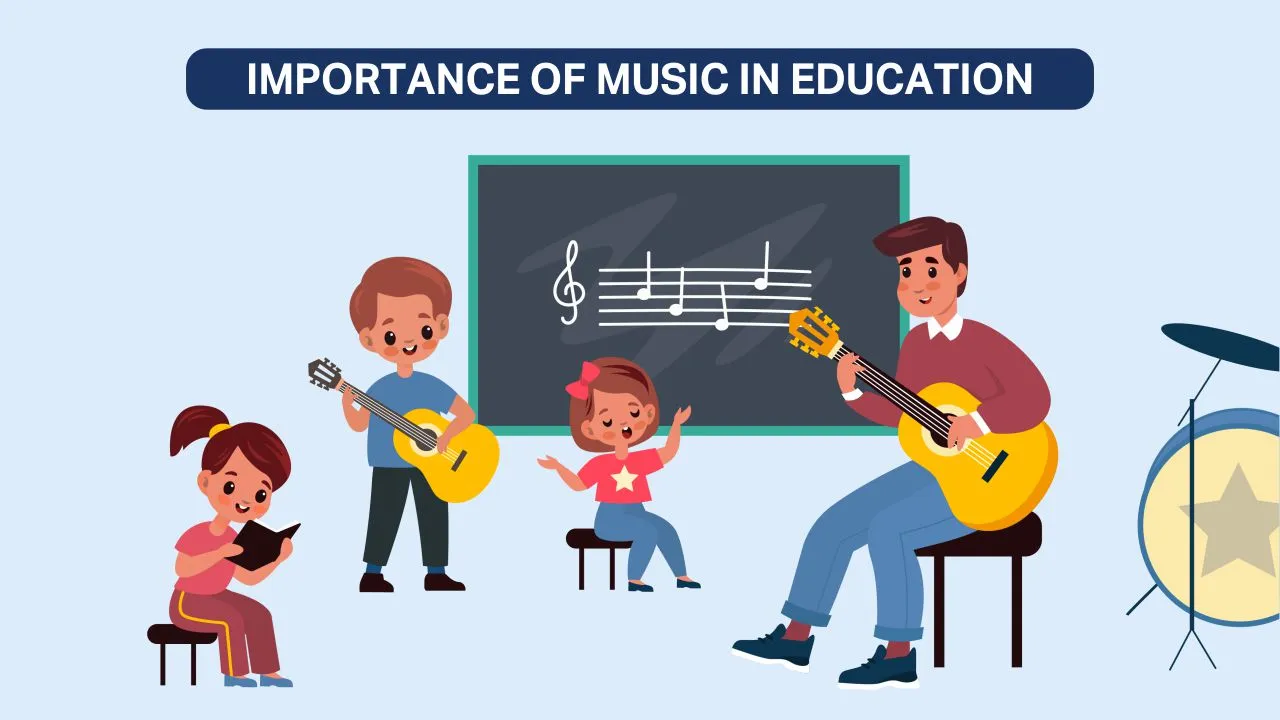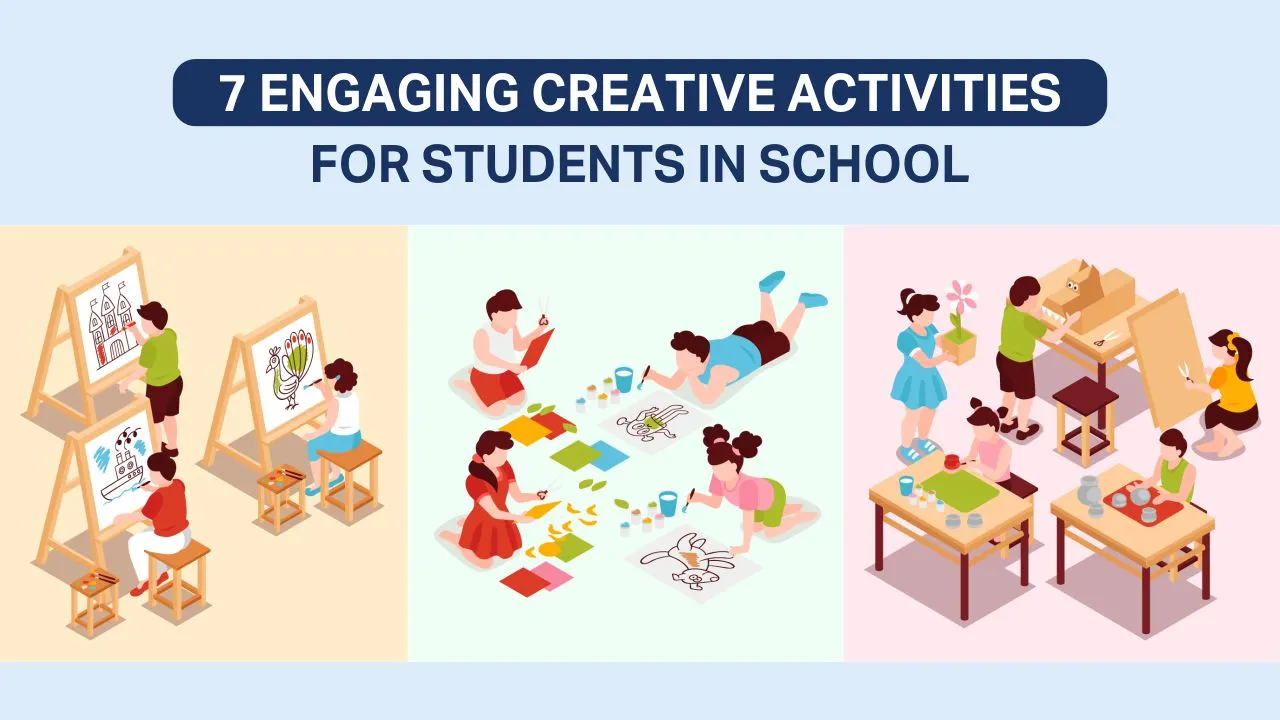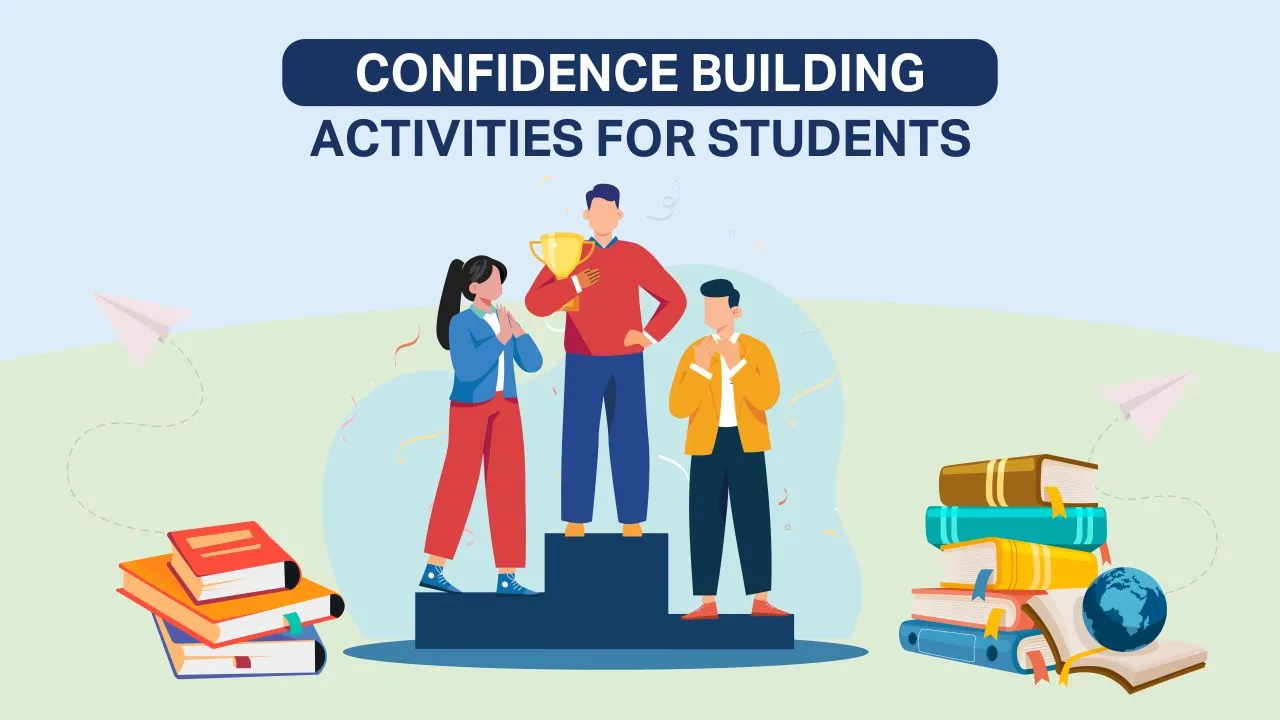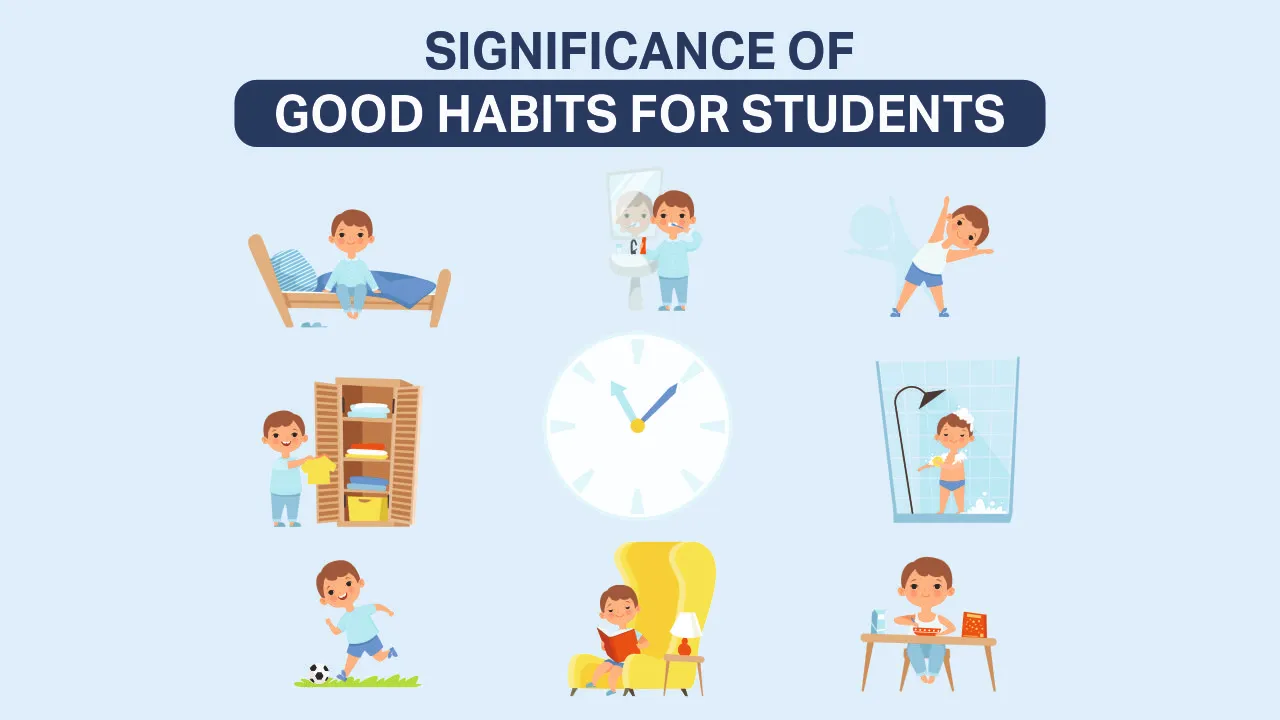Importance Of Music In Education
Education is not just about textbooks, exams, and achieving good grades. It’s about nurturing well-rounded individuals who are equipped with a variety of skills and knowledge to succeed in life. One often overlooked but incredibly valuable aspect of education is music. Music in education offers numerous benefits to students, and both students and parents need to understand its significance.
The Power of Music: Importance Of Music In Education
Music is a universal language that transcends borders, cultures, and generations. It has a unique ability to engage our emotions, stimulate our intellect, and foster creativity. In education, music plays a pivotal role in shaping well-rounded individuals. Here’s why music should be an integral part of every student’s educational journey:
1. Cognitive Benefits
Music has a profound impact on cognitive development. When students engage with music, they are exposed to mathematical concepts such as rhythm and tempo. Playing an instrument or reading sheet music requires strong analytical skills, memory, and problem-solving abilities. Moreover, studies have shown that music can enhance memory, improve language skills, and boost spatial-temporal skills. This means that students who study music may perform better in subjects like math and science.
2. Developing Emotional and Social Growth
Music is a powerful outlet for emotional expression. It allows students to explore and understand their feelings, fostering emotional intelligence. In group settings, such as choirs, bands, or orchestras, students learn teamwork, cooperation, and communication. These experiences help them develop essential life skills, such as empathy, patience, and the ability to work effectively with others. Music also builds self-confidence, as students gain a sense of accomplishment when they master an instrument or perform in front of an audience.
3. Creative Expression
Education should encourage creativity, and music is one of the most effective mediums for this purpose. Composing music, improvising, and experimenting with different instruments allow students to express themselves in unique ways. Creative thinking is a crucial skill in today’s rapidly changing world, and music nurtures this ability by encouraging students to think outside the box and find innovative solutions to problems.
4. Stress Reduction and Well-being
The demands of modern education can be stressful for both students and parents. Music provides a much-needed escape from the pressures of academic life. Listening to music can reduce stress, anxiety, and depression, promoting overall well-being. Music therapy is also used to help students with special needs, including those on the autism spectrum, manage their emotions and improve communication skills.
Conclusion
Music in education is not a luxury; it’s a necessity. It enriches students’ lives by enhancing their cognitive, emotional, and social development. As parents, understanding the profound impact of music in education can empower you to make informed choices for your child’s academic journey. By embracing music as an integral part of education, we can help our children become more well-rounded, creative, and emotionally intelligent individuals who are prepared for success in all aspects of life.





